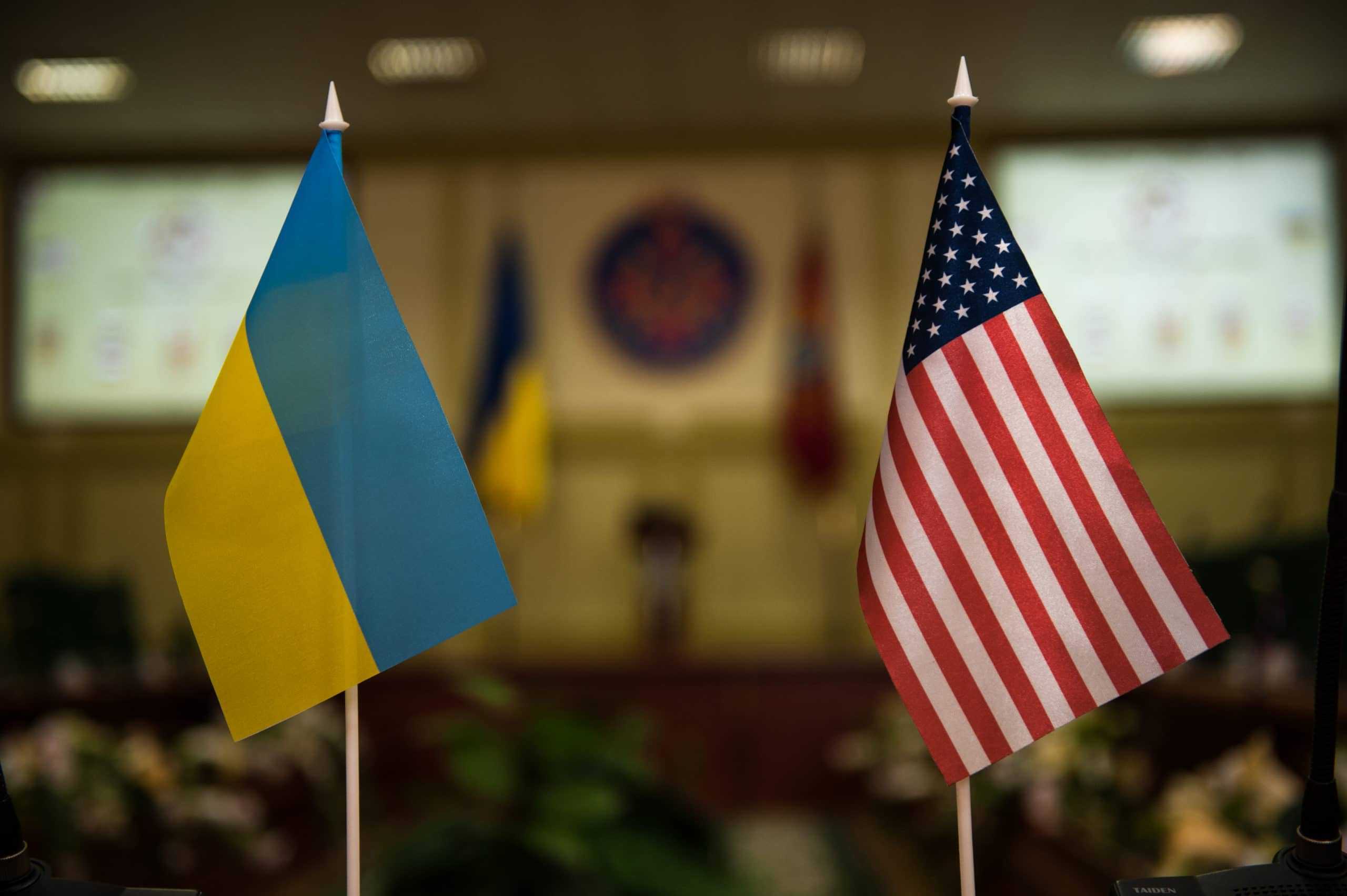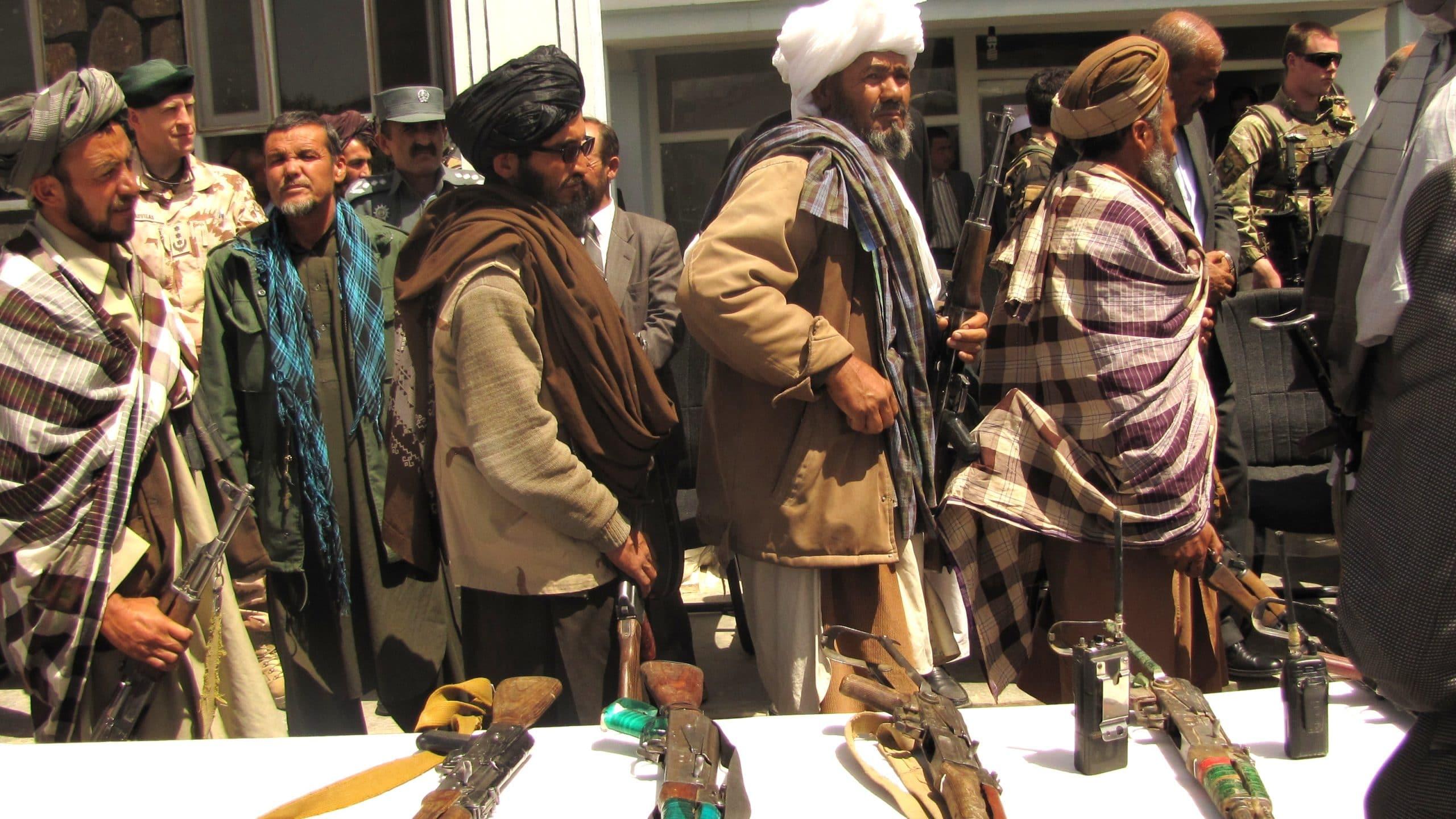Welcome to our roundup of news and current events related to ethics and international affairs! Here’s some of what we’ve been reading this past month:
 Coffee cherries growing in Cauca, southwestern Colombia. Photo Credit: ©2010CIAT/NeilPalmer via Flickr
Coffee cherries growing in Cauca, southwestern Colombia. Photo Credit: ©2010CIAT/NeilPalmer via Flickr
BBC: Climate change: Key crops face major shifts as world warms
As global warming continues, key regions suitable for the growth of coffee, cashews, and avocados will change drastically over the next thirty years. A new study analyzed how rising temperatures and changing rainfall patterns are projected to critically impact production of these three crops. In Brazil, Indonesia, Vietnam, and Colombia, suitable regions for growing coffee will decrease by approximately 50 percent by 2050. For cashews and avocados, suitable areas are expected to increase, but at the expense of current production sites. Major shifts to develop these crops in new regions raise substantive concerns for deforestation and a rise in invasive species. Environment correspondent Matt McGrath highlights the need for greater efforts in helping farming systems adapt to the changing climate.
Read more about the environment, climate change, and sustainability in Ethics & International Affairs:
Climate Displacement and the Legal Gymnastics of Justice: Is It All Political? (2021: Volume 35.2)
Dwelling in the Age of Climate Change: The Ethics of Adaptation (2020: Volume 34.2)
A Luxury Carbon Tax to Address Climate Change and Inequality: Not All Carbon Is Created Equal (March 2020)
 U.S. Army Europe Conference Room - Yavoriv, Ukraine. Photo Credit: U.S. Army, Spc. Joshua Leonard via Flickr
U.S. Army Europe Conference Room - Yavoriv, Ukraine. Photo Credit: U.S. Army, Spc. Joshua Leonard via Flickr
NPR: The U.S. and NATO stress unity on Ukraine as EU leaders worry about divisions
Amid talk that a Russian invasion of Ukraine could deepen divisions across Europe, the U.S. and NATO have stressed the need for a "united front" in response to Russia's security demands, while European leaders discuss avenues to mitigate tensions and fear. France hosted a diplomatic meeting with representatives from Germany, Russia, and Ukraine wherein President Macron, like U.S. Secretary of State Blinken, urged Europe to push Putin toward de-escalation. Proclaiming that it will not send weapons into a crisis zone, Germany has refused to provide direct military aid to Ukraine. Nevertheless, Europe's diplomatic efforts are challenged by Putin's stringent intent for dialogue with the U.S, the world's only other superpower. Importantly, as experts insist, political divisions across the Atlantic only serve to help Putin.
Read more about the liberal world order, armed conflict, and warfare in the twenty-first century in Ethics & International Affairs:
Surrogate Warfare: The Transformation of War in the Twenty-First Century (2020: Volume 34.3)
Wars of Law: Unintended Consequences in the Regulation of Armed Conflict, by Tanisha Fazal (2019: Volume 33.1)
Russia and the Liberal World Order (2018: Volume 32.1)
 GHŌR, Afghanistan (May 2012) - Former Taliban fighters hand over rifles to the Government of the Islamic Republic of Afghanistan. Photo Credit: Department of Defense, Lt. j. g. Joe Painter via Wikimedia Commons
GHŌR, Afghanistan (May 2012) - Former Taliban fighters hand over rifles to the Government of the Islamic Republic of Afghanistan. Photo Credit: Department of Defense, Lt. j. g. Joe Painter via Wikimedia Commons
Aljazeera: Taliban killed dozens of former Afghan officials: UN report
Ten years following the above depiction, a new UN report has found that over 100 former members of the Afghan government and security forces have been killed since the Taliban takeover in August 2021. Despite purported granting of general amnesty for those linked to the former government and international forces, the United Nations Assistance Mission in Afghanistan continued to receive credible allegations of extrajudicial killings and enforced disappearances. Initially promising tolerance and inclusiveness toward women and ethnic minorities, the Taliban has also renewed restrictions on women and appointed an all-male government. The situation in Afghanistan remains nothing short of precarious.
Read more about political order, governance, and human rights in Ethics & International Affairs:
The First Political Order: How Sex Shapes Governance and National Security Worldwide (2021: Volume 34.4)
Rescuing Human Rights: A Radically Moderate Approach (2020: Volume 34.1)
A Human Rights Approach to Conflict Resolution (2019: Volume 33.3)
 Digital COVID-19 vaccine passport in China. Photo Credit: Marco Verch via Flickr
Digital COVID-19 vaccine passport in China. Photo Credit: Marco Verch via Flickr
New York Times: Living by the Code: In China, Covid-Era Controls May Outlast the Virus
The pandemic has given President Xi Jinping incontrovertible power in deepening the Communist Party's surveillance over China's 1.4 billion citizens. Instituting a wide range of high-tech controls on society, China has been mostly successful in its efforts to stop the virus. However, the consequences of these controls may be long-lasting. Since officials first isolated Wuhan two years ago, the government has continued to utilize upgraded technology to track and closely monitor citizens. Encouraged by their success in suppressing the spread of Covid, Chinese officials have reoriented their refined surveillance methods to intensify the campaign against societal corruption and political dissent. Pandemic health monitoring systems have remained at the heart of these controls.
Read more about COVID-19, global health, and surveillance in Ethics & International Affairs:
COVID-19 as a Mass Death Event (2021: Volume 35.1)
Can Staying at Home be Saving Lives and Avoiding Killing? COVID-19, Lockdowns and the Doing/Allowing Distinction (December 2020)
Borders in the Time of COVID-19 (March 2020)